Why Children Need Books That Make Them Laugh!
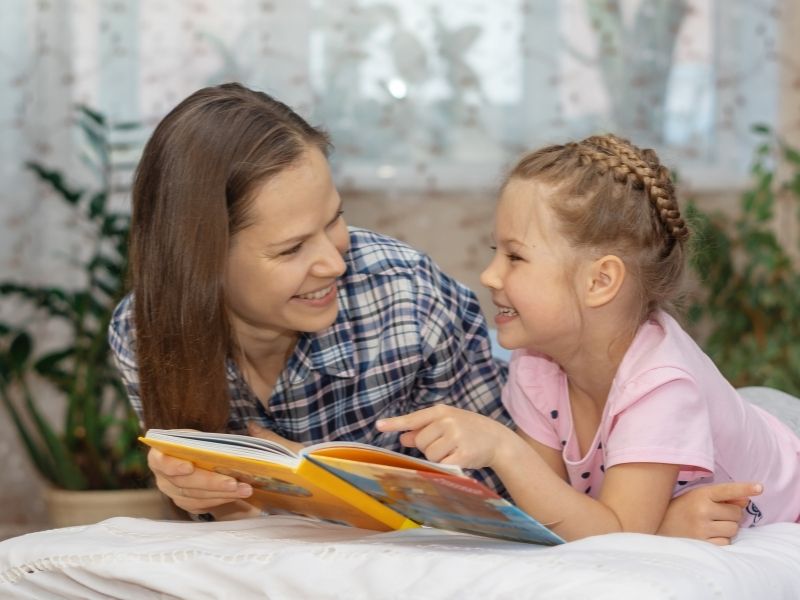
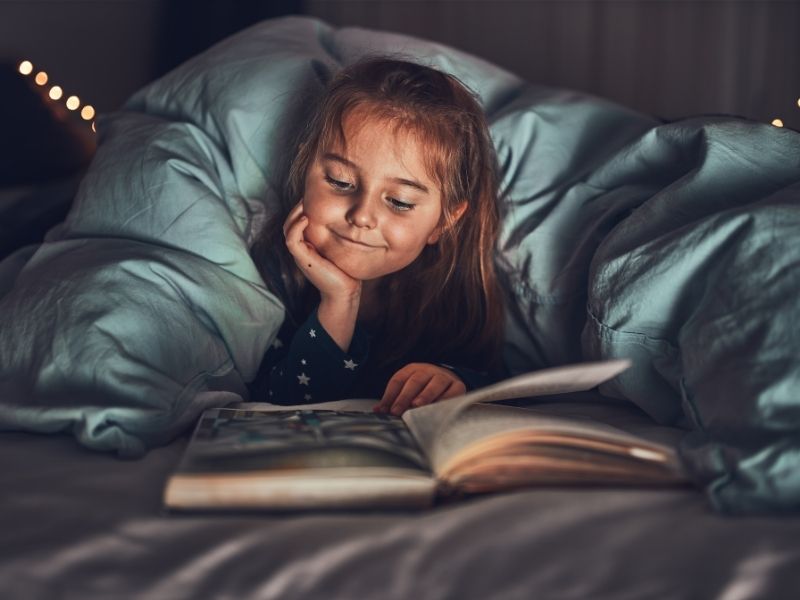


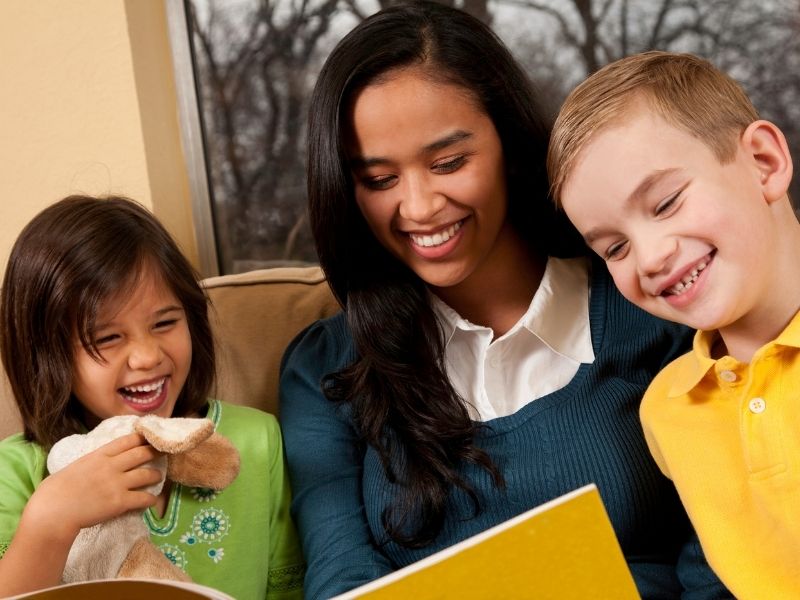
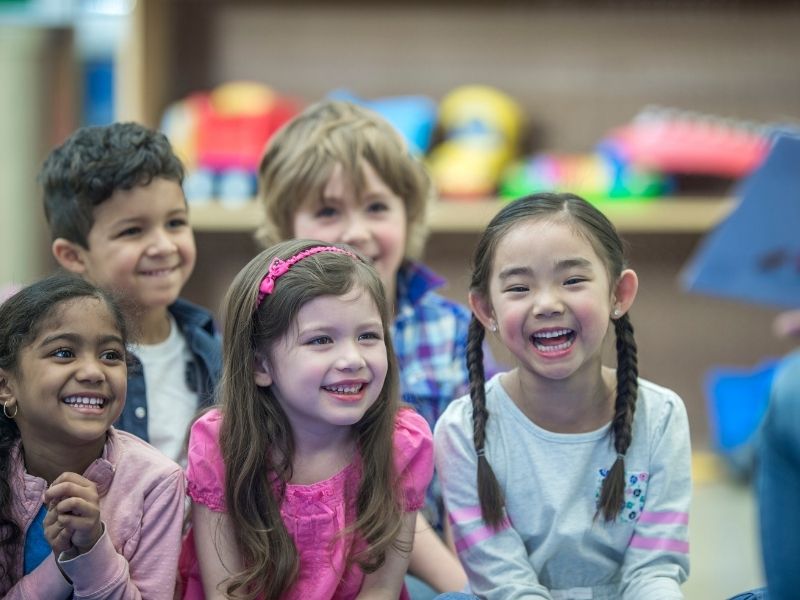
Let’s face it, we all like a good laugh. We are drawn to it. Most of us, simply cannot live without it.
In fact, according to the Stanford Philosophy of Humour (2012) when people are asked what is important in their lives, they often mention humour. Couples list it as a quality they look for in a potential mate. It’s also known as ‘the best medicine.’ According to English poet Lord Byron, it’s the best “cheap medicine.” Unless of course you’re laughing for no reason – then maybe you actually do need real medicine!
Either way, laughter has a way of reaching into our soul, lifting our spirits, suspending our troubles and connecting us with others.
I think Dr Seuss sums it up best:
"Children want the same things we want. To laugh, to be challenged, to be entertained and delighted."
Dr Seuss
A good belly laugh can provide a welcome escape from the chaos of the world. We all get the odd curveball thrown at us and it sometimes it’s better to laugh at the spilt milk rather than cry about it (unless that was the last bit in the bottle and you’re left with a screaming toddler – yeah, that ain’t funny).
Seriously a good laugh can bring some much needed relief. It is a survival tactic that can help us to get through tough times when we’re not sure we can. A bit like chocolate. Or wine. Or a long bath – with chocolate and wine. It’s comforting. It brings joy.
So why do kids need books that make them laugh? It is because funny books have the power to hook and hold the attention of younger, more reluctant or less confident readers. Humorous books offer up that ‘feel good’ factor in spades. Reading becomes a joy rather than a bore.
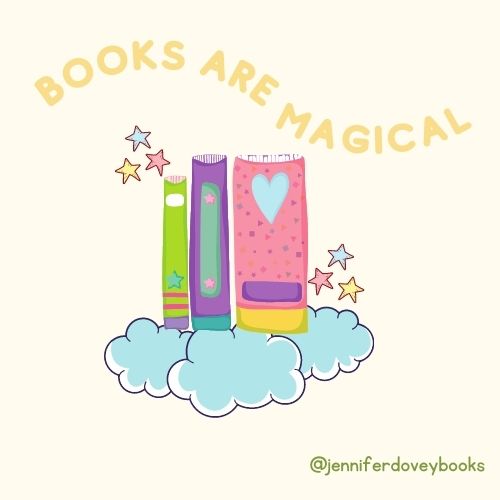
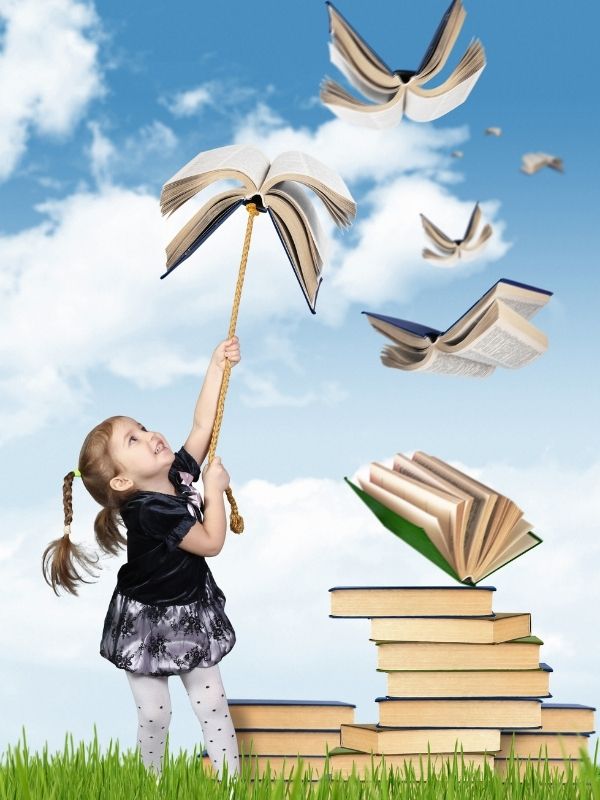
As an English teacher, I’ll admit I’m biased when it comes to the benefits of reading.
I’m an advocate for reading more and not less.
I remember reading in an interview with Aaron Blabey (the author of Pig the Pug and Thelma the Unicorn) that children “do not want boring books.”
The most popular ones are simply joyous.
I’m also aware that sometimes humour in stories (especially in literary circles) can place as second banana to it’s more ‘highbrow’ counterparts.
Of course it’s fine if kids are reading these, but I find the majority are more likely to read ‘Dork Diaries’ than Dickens.
Sure in the classic literary, canonical sense, the Wimpy Kid, Weirdo or Treehouse rascal may appear to be the poor, hillbilly cousin of Huck Finn and Tom Sawyer, but that doesn’t mean these books don’t have value.
Far from it. The studies have shown, kids want books that make them laugh.
They are drawn to witty stories that are amusing and playful.
I decided to do some research into this topic of my own, as I believe in the inherent value of funny books.
This doesn’t mean all books need to be funny to be worthy. Not at all. Books on all sorts of subjects, serious, educational, meaningful life lessons or otherwise, have their place.
Moreover, it is about understanding the magic touch.
Why is it that certain books can be read over and over again without the loss of interest and enthusiasm?
What gives a book that Midas Touch compelling young readers to turn pages and beg to be read again and again night after night?

From my own experience as a mother to three young daughters, without doubt, the books that are the most popular are simply the ones that bring the most joy.
My girls particularly love seeing crazy or whacky animals like Nick Blands, ‘The Very Cranky Bear’ or the bear and the rabbit in Jon Klassen’s delightfully, deadpan and devilish, ‘I Want My Hat Back.’
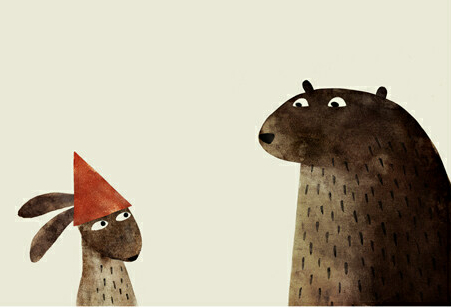
The Humour Used Here is Simply Gold!

Why Are Humorous Stories Beneficial For Children?
Comedy is important. In fact it is really important. Probably essential. Maybe it’s not written directly in Maslow’s Hierarchy of Needs, but it’s definitely something most of us would agree, we wouldn’t want to live without. FYI, Maslow did say that “humour is the supreme manifestation of the human spirit, a peak experience, a way of bringing delight to the heart; it is not driven by other needs but is linked to the disposition to play.” (Abraham Maslow 1968).
Also, laughter is soothing and brings relief. It’s almost a survival tactic to help us get through the tough times when we’re not sure we can. When you laugh with someone, you build a bond with them. You draw closer. In this respect, it’s integral to human interaction.
When you read something funny, it can instantly lift your mood and boost your spirits. This alone can change the way you think and respond to situations. You could probably diffuse a bomb with humour by diverting the attention elsewhere.
Humour in stories is a powerful tool as children learn that it’s ok to laugh at yourselves and others. Having fun in joy in what you’re reading is simply wonderful.
A developmental psychologist by the name of Dr Paul E. McGhee recognised the benefit of humour in literature. A pioneer in humour research, Dr Paul E McGhee is internationally recognised for his groundwork in the physical and psychological health benefits of humour. He has published over 50 scientific articles and 13 books on humour including, ‘Children’s Humour’ (1980) and ‘Understanding and Promoting the Development of Children’s Humor” (2002).
He came to the conclusion that “the more you support children’s sense of humor at this early stage, the more likely they are to emerge into adolescence and adulthood with a well-developed set of humor skills.” Put simply this suggests that reading humorous stories can help develop a child’s sense of humor.
"A balanced literary diet is great but, so is page after page of laughter over witty writing and words which make young souls smile from the inside out."
Megan Daley (Humour in Children's Literature)
The Benefits of Humour For Literacy
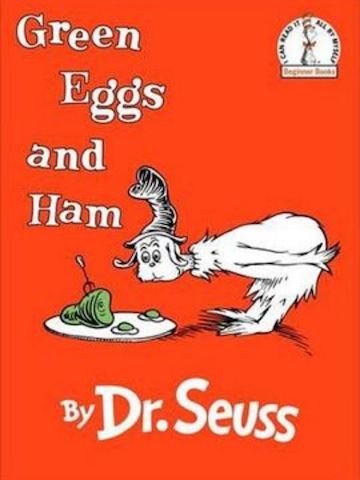
Trevor Cairney, a professor of Education at the University of Sydney, Australia says:
“Humour has enormous positive benefits for early literacy learning. It helps children to engage with stories and the language that is used to create stories. This in turn helps them to listen to story reading longer and to want to read book for themselves.”
Professor Cairney also identifies that “boys more than girls” remain “fixated on slapstick comedy” and “enjoy the unexpected and gross” elements offered in stories.
He believes that humour is usually more “effective in books when it is more than just cleverness with words.”
In this respect purposeful illustrations are key to support clever word development used in cartoons, rhyme and other prose.
Kids are drawn to books with brilliant language use that “create the absurd, the surprising, the unexpected and the outrageous.
This is probably why the books by Dr. Seuss are so popular!
Why is Reading Important for Children?
There’s no doubt that stories play a key role in the literacy development of children. All children need to read in order to be literate and finding the right book that suits their interests assists with their desire to read more rather than less.
The right book is simply magic with characters that can become like friends. Kids also realise that books are a useful source of information and begin to understand how improved reading skills are helpful for the success in their future lives. In this respect, reading helps children with their confidence levels as language and learning can assist with coping skills and their understanding of the world around them.
To explore this issue further, I researched some of the work by renowned psychologists in the field and have written an article called, The Psychology Behind the Development of Humour in Children. In this article I explore the role of humour in both relief theory and incongruity theory to explain why children love books that are so darn funny!
5 Ways Humour Enhances Literacy
1. Humorous books engage young readers (particularly those who are reluctant). Kids are naturally playful and laugh more times a day than what an adult does. There’s a good book called, ‘There is a Bird on Your Head’ by Mo Willems. It is very much geared towards young children and beginner readers. Basically two characters go back and forth about birds nesting on top of Gerald’s head. Super funny and delightful. Kids who listen to it always laugh. They simply love this book!
2. Kids who enjoy books will associate reading with something that is fun. The more they read, the better their literacy skills will be. For example, the potty humor in Dav Pilkey’s ‘Captain Underpants’ often hooks reluctant readers in and keeps their interest. As a result the book has the potential to entice a child to want to read the whole series.
3. Enhances Comprehension. This is because it is easier to remember information that is associated with a certain emotion or sensory trigger. We remember things that make us laugh (like the time dad farted in the elevator and blamed mum in front of everyone).
4. Challenging situations can be lightened with a little humour. In this respect, tension can be broken down to make it easier for the child to tackle the problem and engage with the text. In spoken form laughter creates bonds to assist with developing trust between a child and an adult. This aids in open communication to assist with difficult situations.
5. Encourages critical reading. Believe it or not, humorous books aren’t necessarily the ‘easy option’. This is because certain humour requires readers to ‘read between the lines’ to develop an awareness of subtly, sarcasm, right and wrong. It’s wonderful when kids understand satire and learn to appreciate the subtle nuances to humour that can be found in clever writing.
What Kids Really Want in Books
When I looked at this article published by The Washington Post, it was pretty clear that kids prefer books they can pick out themselves.
And what sort of books are popular with children? According to the data, the most popular ones involve, you guessed it, humour!
Kids also like books that have a problem to solve or some sort of mystery.
What else is interesting about the study here is that the books that kids want (ones that make them laugh – 70%) vary to ones that their parents want with only 54% of parents indicating that this is their number one criteria.
Even so, the ‘humour requirement’ polled quite highly with both children and adults alike.
When asked to list their all time favourite book (title or series) The Diary of a Wimpy Kid polled higher than Harry Potter, which came in at a close second.
Why is this? Is it simply just because the ‘Wimpy Kid’ series is easier to read than Harry Potter? Possibly. Both books are successful book sellers – but possibly one reason to account for the preference is to look at the types of books that score well with children across the board.
Humorous stories tend to do well with children who don’t like to read a great deal and with more experienced readers alike. Harry Potter requires concentration and a higher degree of literacy skills than other fiction YA books that are more light hearted and use pictures.
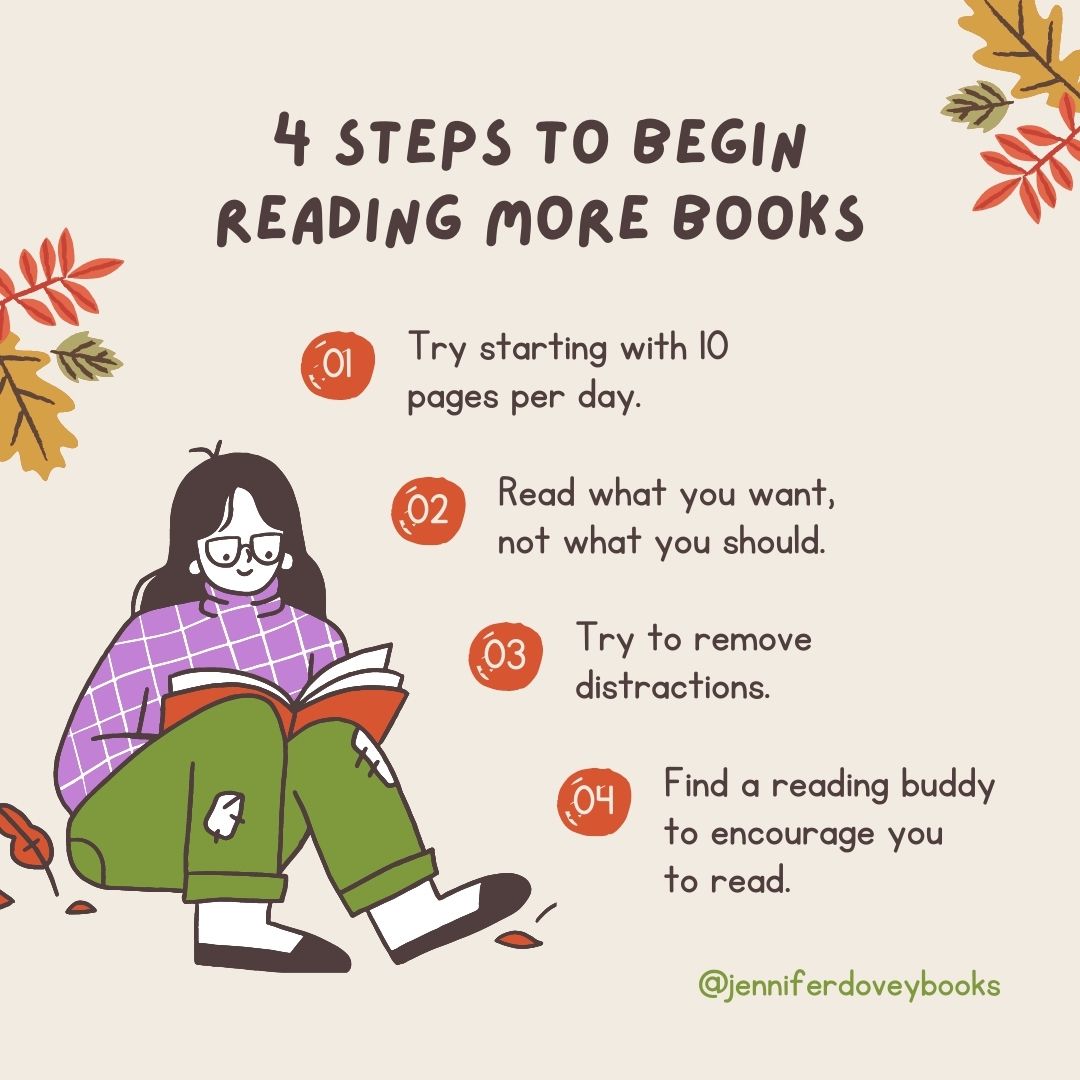
Humorous books have more broad appeal to a greater range of reading ability than their more ‘high brow’ counterparts. Plus they’re funny and funny books never seem to go out of style.
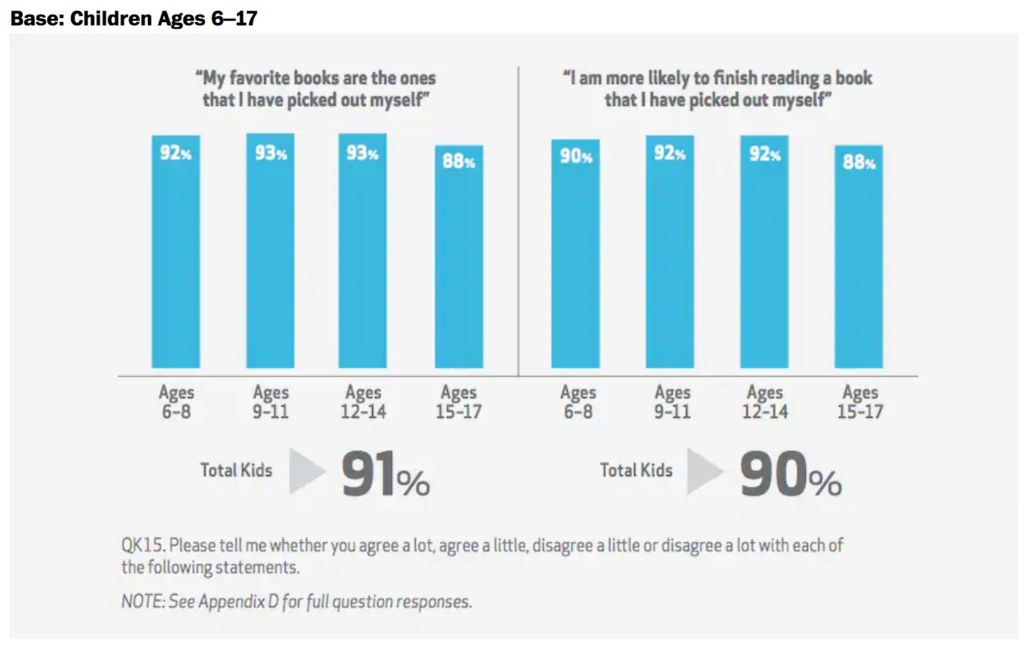
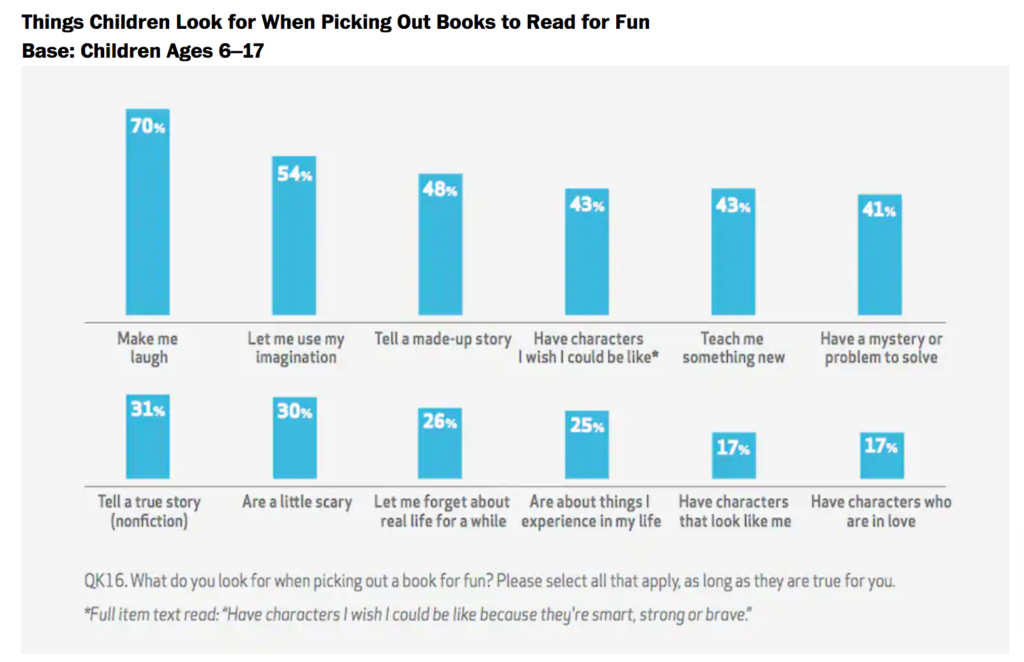
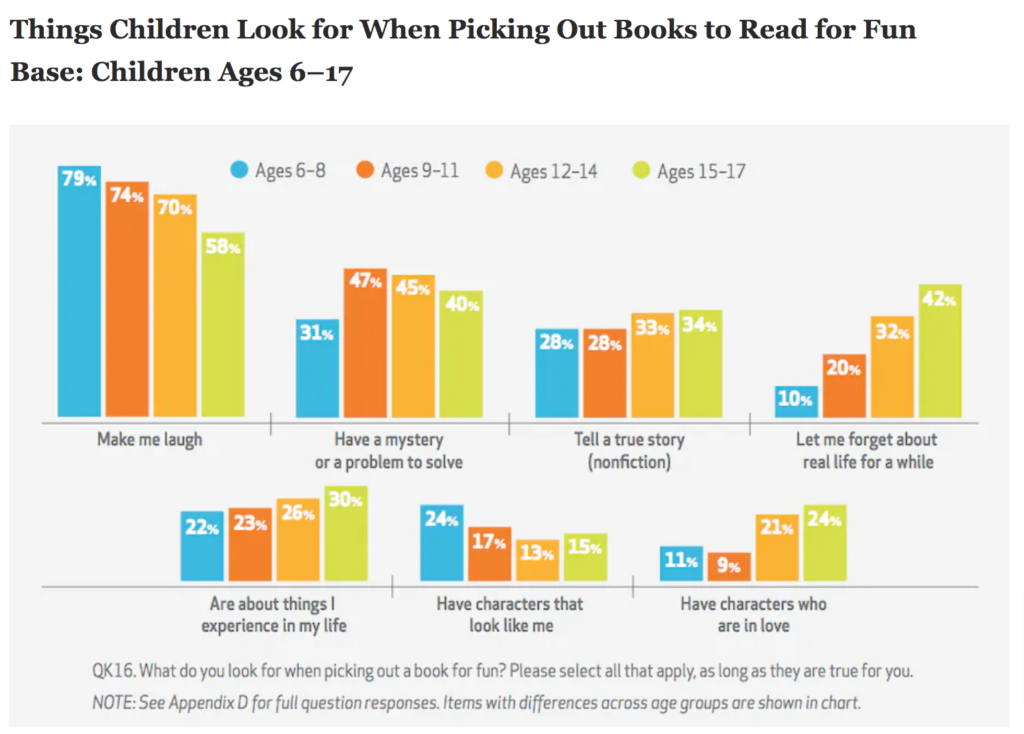
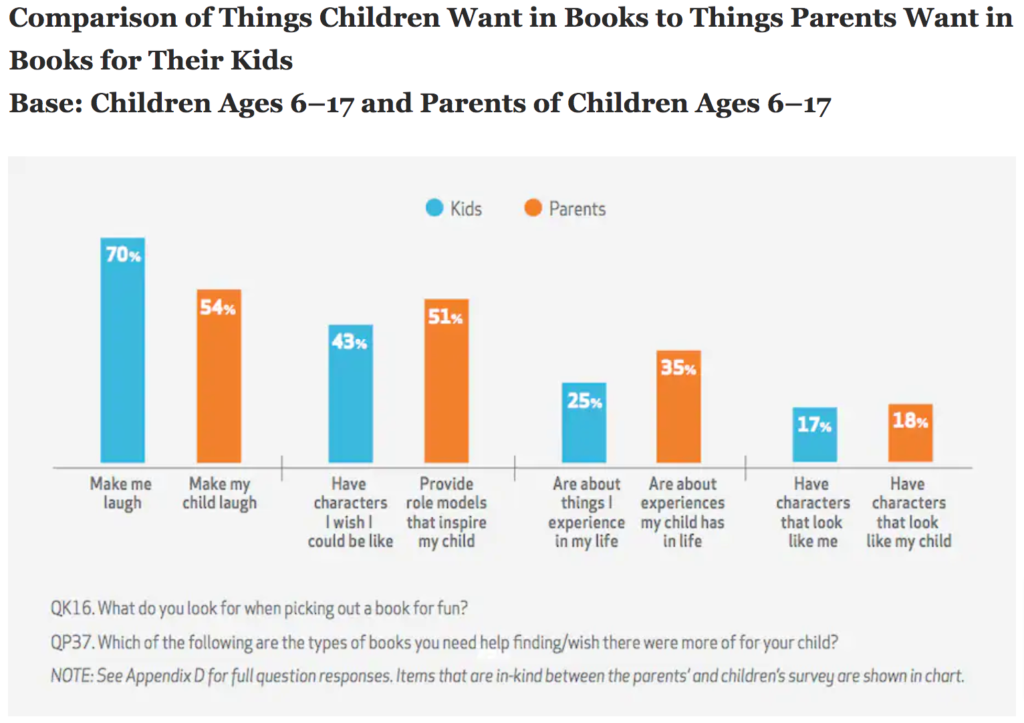
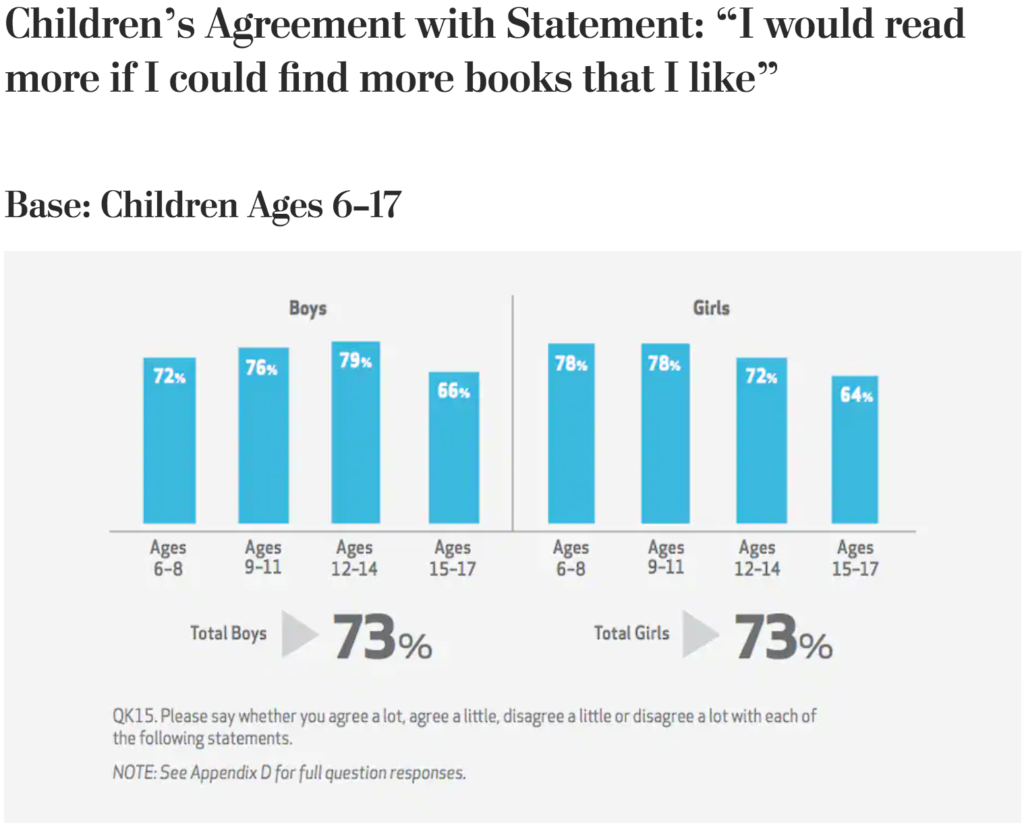
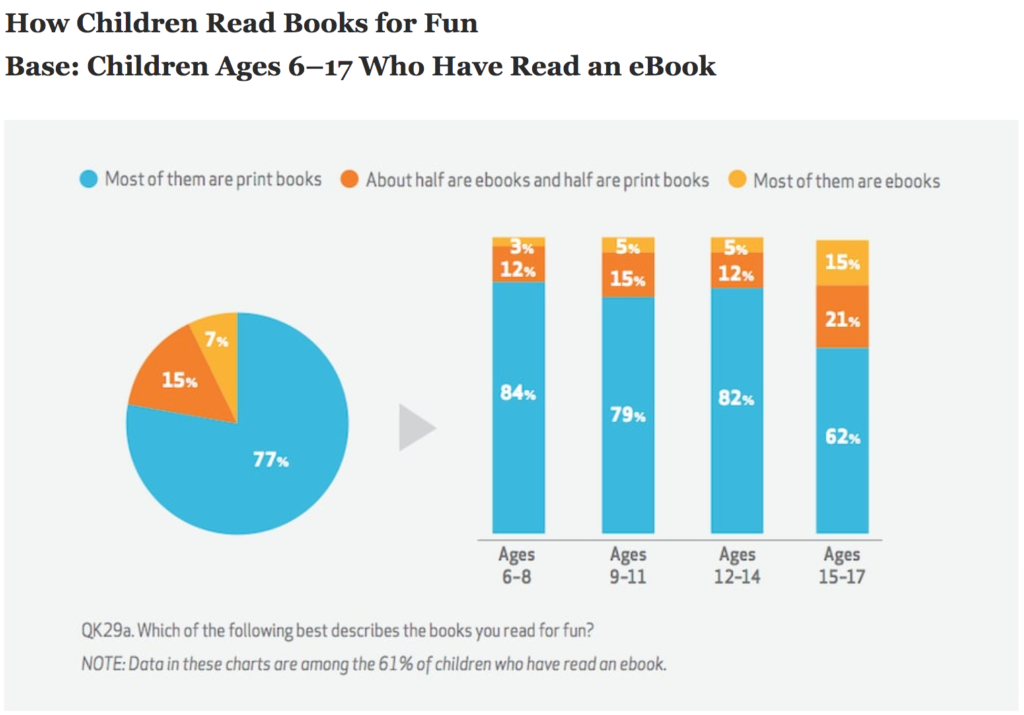
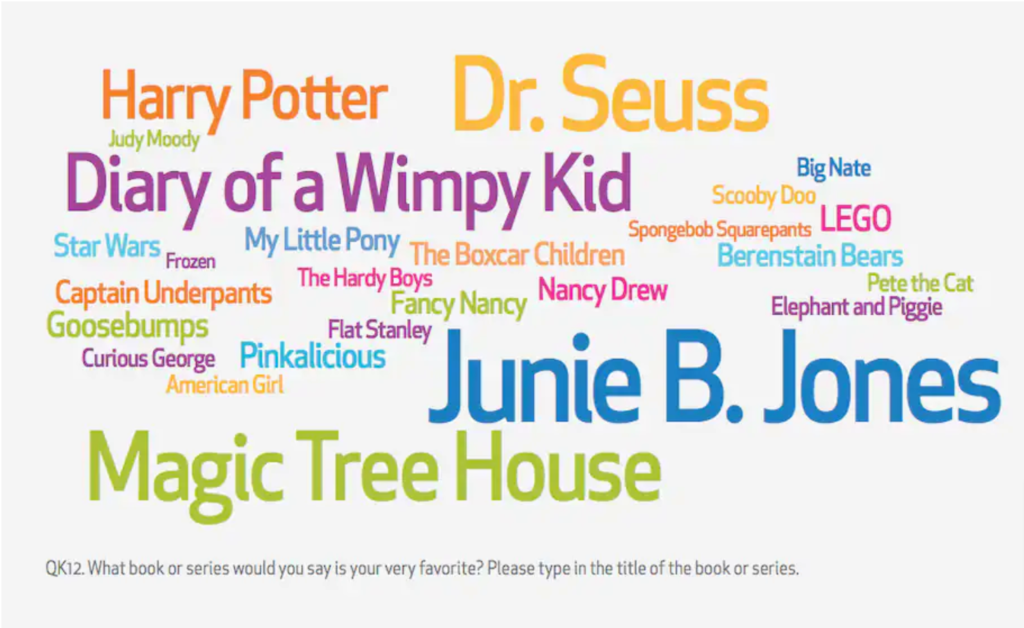
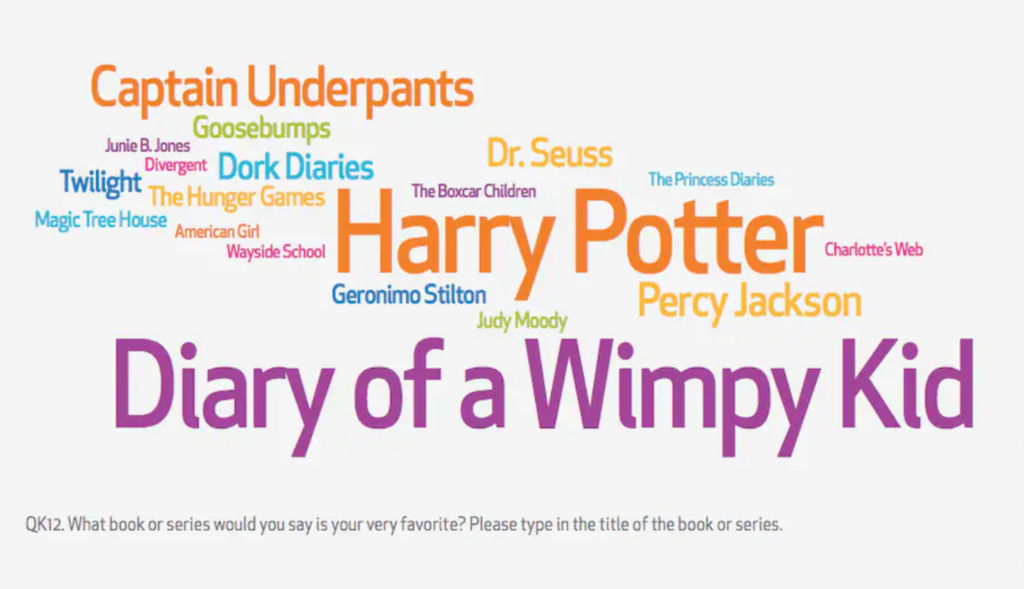
Why Children Need Books That Make Them Laugh
Humour in children’s literature is powerful. Perhaps this is because in moments of joy, we forget about pain, neglect, fear, self-doubt or confusion. Laughter can help us feel a connection to something beyond ourselves. It’s no wonder the data listed above is overwhelming in favour of funny books.
For me personally, there’s no better sound than that of my children laughing. Even thinking about them giggling over something silly makes me smile.
I hope one day my own children will look back on the same happy memories I have and remember the joy we had at night time engaging together in a truly wonderful story.
For further reading on the subject, please check out my other articles:
The Psychology Behind the Development of Humour in Children’s Books (what do the experts say)
And
The premise of the story, The Clever Little Mouse is meant to be funny: there’s a goofy dog with too much fur and stumbles, creates a mess and even eats flies as he can’t see very well.
Meanwhile the hairless cat is always cranky and the lack of fur makes her feel like she is ‘nude’ in front of others.
Like most picture books, the images are critical to how meaning is made as children can relate to the silly antics of the pets.
For information on the release date of this book, please follow me on social media
@jenniferdoveybooks
or facebook
booksbyjenniferdovey
Alternatively, you can register your interest by contacting me and letting me know you would like a book. I will definitely advise all with my official launch page that is coming soon!
![]()
![]()